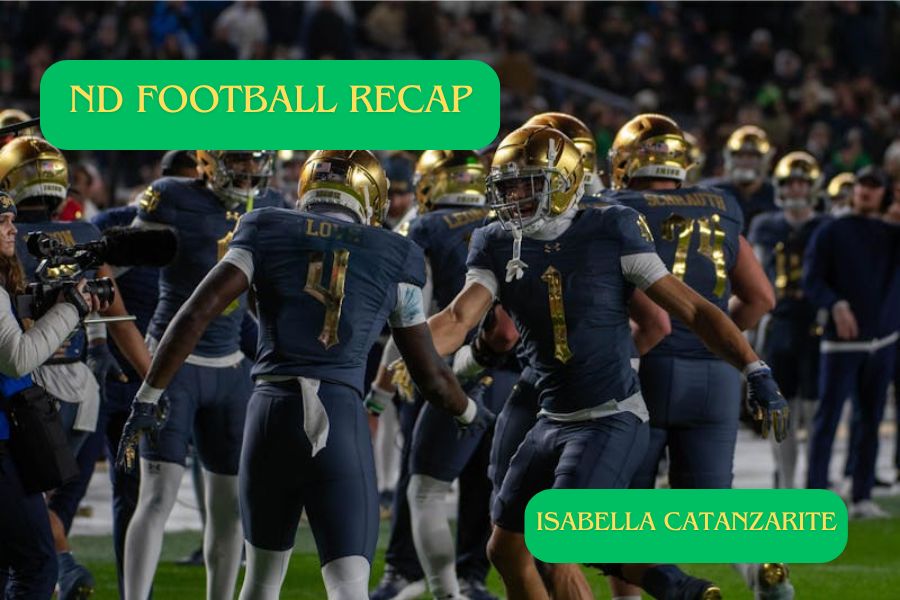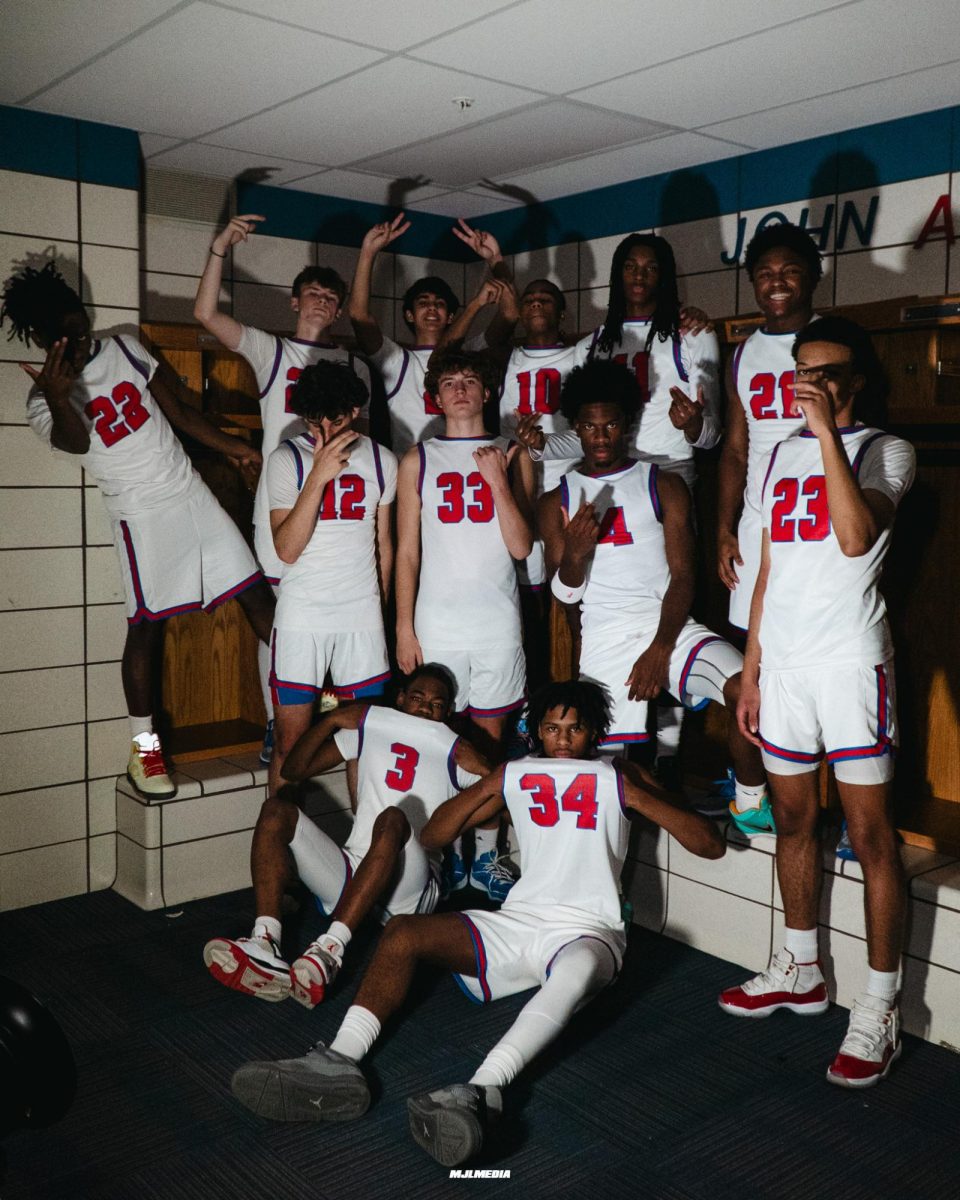The topic of transgender athletes in sports is sensitive, especially concerning trans women. Some people fully support it, while others disagree, often arguing the biological component. In order to form an educated opinion, it’s important to know the facts of both sides. Within the last few years many athletes – from the high school to professional level – have been under a larger microscope than usual. This article is going to be a breakdown explaining the details of trans female athletes and how they have changed and are continuing to change society’s outlook on athletics as a whole.
For those who may not know, when someone is transgender, their gender identity does not fit the sex assigned to them at birth. When talking about trans women in sports, the conversation can vary. While some say they should be allowed to participate, others think that it gives them a biological advantage, and shouldn’t be allowed.
According to the NCAA Student-Athlete Participation Policy, trans athletes – male and female – who want to participate in college sports, must communicate with the national governing body of their preferred sport before competing. This means rulings are made on a sport-by-sport basis. Another big part of this policy is that all trans athletes must provide written documentation of testosterone levels prior to all regular season contests; the first contest of an NCAA championship event, and prior to any non competitive event that the team participates in.
One of the most prominent trans athletes in collegiate sports is Lia Thomas. She is the first openly trans women athlete to win a NCAA Division I national championship. After placing first in the 500 freestyle at the 2022 championship, she immediately received criticism due to the fact that there is a physical difference between her make-up and those of her cisgender female opponents. This led to debates about whether she deserved the award.

In June 2022, the World Aquatics issued a ban on trans women competing in high-level swimming. This ban prohibited trans females from participating in college and professional level swim contests if they transitioned after the age of 12, essentially stating that they cannot compete if they went through male puberty. This prompted a lawsuit against the NCAA, supporting the ban, therefore against Lia. (source)
Former Kentucky University swimmer Riley Gaines, who placed second to Lia Thomas at the national championships, led the lawsuit against the NCAA. The suit challenged the participation of transgender women, arguing that it creates unfair competition. (source) In a CBS news article regarding the lawsuit, Caitlin O’Kane wrote that Thomas took legal action earlier this year stating that the World Aquatics policy was discriminatory. Her challenge was then dismissed due to the fact that she was not sufficiently affected by the rules, therefore she couldn’t challenge them. As a result of losing the court battle, Lia’s Olympic goals were diminished.
Another interesting aspect of all of this is that in the midst of Thomas’ battle, transgender female icon Caitlyn Jenner had something to say about the situation. Jenner competed in the 1976 Montreal Olympics prior to her transition. In February a KATV article came out about an interview with Jenner talking about her view on Lia Thomas’ fight against the NCAA. “…honestly, I think she’s a narcissist,” said Jenner. “I think she just wants the publicity. I think she was virtually a nobody.” The interesting point in this discussion is that even with people from the trans community, opinions can vary.

On a more recent point, San Jose State senior women’s volleyball player Blaire Fleming has been in the center of another trans inclusion-based controversy. In September, the Spartans were scheduled to play against Southern Utah in a tournament in Santa Clara, when the Thunderbirds seemingly forfeited the match. It was later revealed that they forfeited due to the fact that SJSU had a trans player on their roster. This sparked a chain reaction, causing multiple other schools to follow suit for a similar reason.

For context, Fleming played her freshman year of college volleyball at Coastal Carolina. After being a starter at Coastal for a year, she transferred to San Jose State in 2021. She started for the Spartans for two seasons without any issues. It wasn’t until her roommate Brooke Slusser filed a lawsuit against Blaire, voicing her concern for her teammates and opponents on the court. This came after Slusser mentions that she was unaware of Blaire’s identity prior to her recently coming out to the team after 2 seasons. Slusser brings up in a video interview for OutKick that after the news about Fleming came out, she felt as though the coaches and admin wanted to keep a ‘sweep it under the rug’ or ‘don’t comment on it’ kind of attitude regarding the issue.
As of October 12, the status of the lawsuit against Fleming is unclear but despite this, she is still on the court, killing the competition so to speak.
As for the future of transgender athletes in sports, it is important to: A. ensure that voices are heard from all sides, B. be sure to do your research and invest in education programs so people can better understand what is going on and know what they are talking about, and finally, C. talk to people about these things to create an inclusive environment where everybody can thrive.















